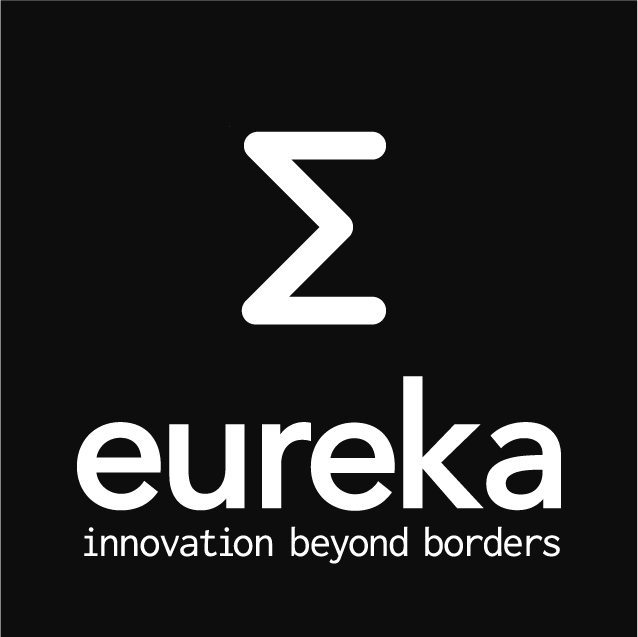Finished Project

GREEN-T
Green Terminals for Next Generation Wireless Systems
| Project Key Information | ||||
|
Start date |
End date | Budget (total) | Effort (total) | Project-ID |
| July 2011 | June 2014 | 6711 k€ | 81.9 PY | CP08-006 |
| Project Technical Coordinator |
| Ayman Radwan Instituto de Telecomunicaçoes Portugal e-mail: aradwan[at]av.it.pt |
| Project Consortium | |||
| Instituto de Telecomunicaçoes | Portugal | MOBIGUI SL | Spain |
| Portugal Telecom Inovação | Portugal | A2UICT | Korea |
| IQUADRAT | Spain | Mecalbi | Portugal |
| CTTC | Spain | Magister Solution | Finland |
| Huawei | Sweden | Inst. Polit. de Castelo Branco | Portugal |
| I&IMS | Spain | PrimeKey | Sweden |
| University of Oulu | Finland | Mikkelin Puhelin Oyj | Finland |
| Abstract |
|
One of the biggest impediments of future wireless communications systems is the need to limit the energy consumption of the battery-driven devices so as to prolong the operational times and to avoid active cooling. In fact, without new approaches for energy saving, there is a significant threat that the 4G mobile users will be searching for power outlets rather than network access, and becoming once again bound to a single location; where some authors describe this effect as the “energy trap” of 4G system. Therefore GREEN-T aims to overcome the energy trap of 4Gmobile systems by investigating and demonstrating energy saving technologies for multi-standard wireless mobile devices, exploiting the combination of cognitive radio and cooperative strategies while still enabling the required performance in terms of data rate and QoS to support active applications. This notion is further extended by investigating lightweight security approaches, which is a pivotal requirements of 4G systems that will constitute a multitude of players from network operators to services provides cooperating under a converged service platform. GREEN-T commits to the creation of tangible outputs, this includes not only implementations and showcases, but also inputs to standardisation, and where regulation is affected to regulation (via input to, for example, future editions of the ERO (European Radiocommunications Office) workshops on SDR/CR) and finally through creation of commercially exploitable intellectual property. By definition GREEN-T is a research not a development project, however with having a rather large number of SMEs and industry, with a clear scope for commercial exploitation of the project outcomes. Envisaged products include: a) LTE emulator platform; to serve as an experimental platform for operators to investigate new deployment scenarios for LTE energy saving b) Energy-efficient demonstrators for cooperation with short-range and vertical handovers; The GREEN-T is in line with the European strategy on Green communications, and can provide the knowledge that will be the base of new products and even new industries. Particularly, the energy efficiency solutions will have a very direct impact on the network operator OPEX, and hence significantly change the operator’s competitiveness. c) Products for public safety scenarios, specifically for the PMR devices of TETRA and TETRAPOL networks. d) Incentives to encourage cooperation among users/handsets and develop attractive business models for the network/service providers to stimulate and motivate cooperative networking among users and between heterogeneous networks. |



